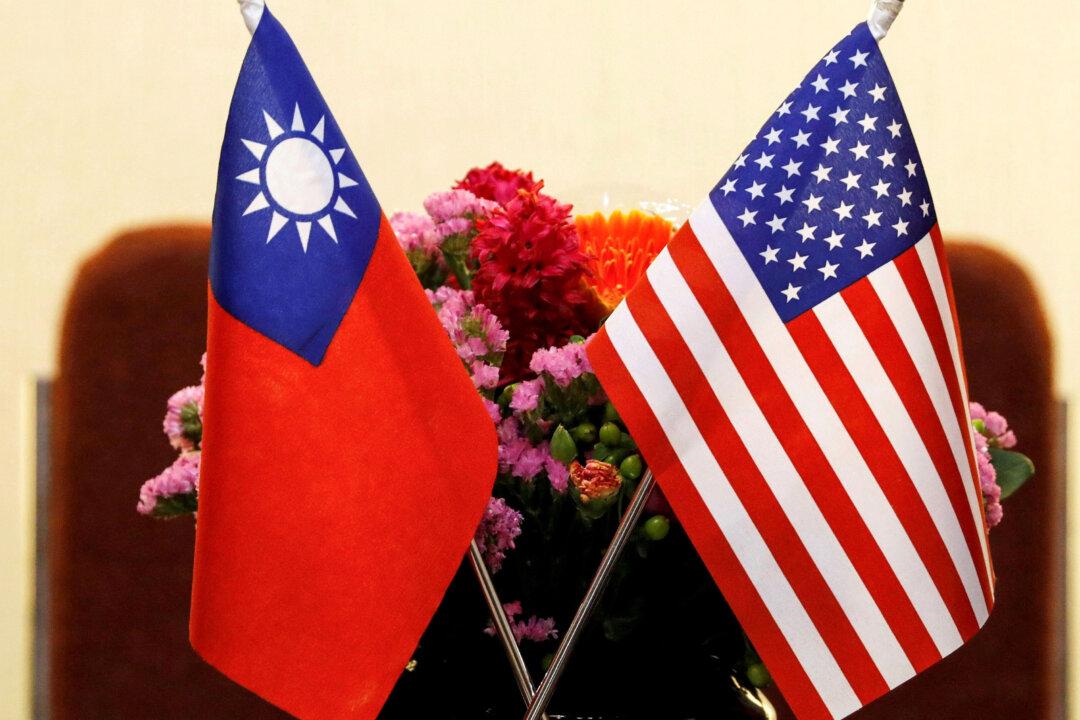TAIPEI, Taiwan—Trade offices in Taiwan and the United States said the two sides achieved an important milestone, as the first agreement under a bilateral trade initiative came into force on Dec. 10.
The agreement, which was signed in June 2023, covers customs administration and trade facilitation, regulatory practices, rules for domestic service providers, anti-corruption, and small- and medium-sized enterprises.




